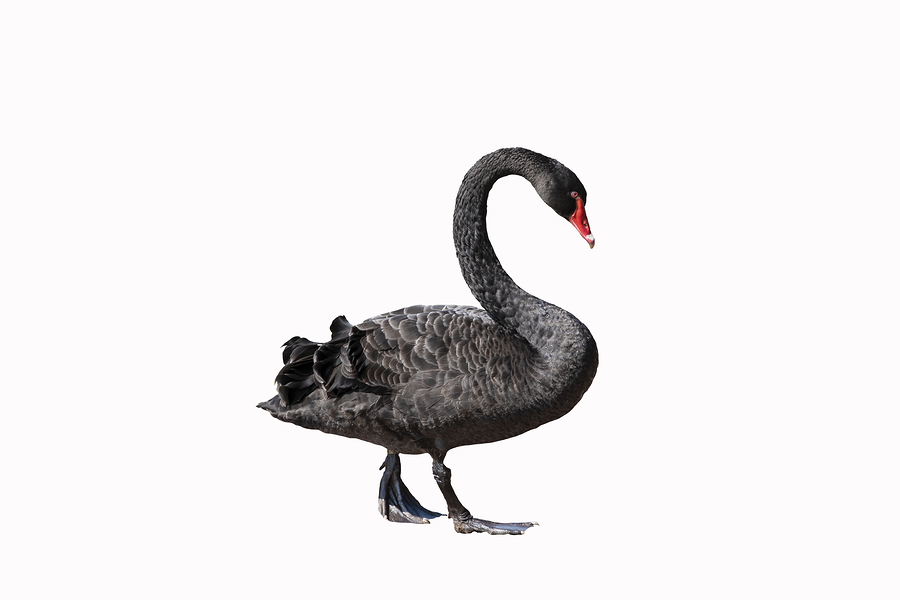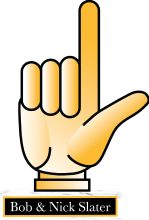“I’ll bet Larry’s in heaven. He been trying to social distance for years.” Cheryl Hines, referring to Larry David
The COVID-19 pandemic is the epitome of a dreaded “black swan” event – an unforeseen, out-of-the-ordinary event of devastating impact. Economies the world over are shut down in an attempt to slow the spread of the deadly virus. And now, as in some countries the virus seems past peak, talk is turning to how and when to “reopen.”
 The governor of the great state of Georgia, where I spent my undergraduate years, has decided that it’s time to reopen his state for business, so if you happen to be in Georgia you’ll soon be able to get some sun at the beach, grab a beer at the bar, and even get your hair trimmed at the barbershop. I’ll let you decide on the wisdom of the governor’s rush to be the “first to reopen,” though I must admit a beach trip, a haircut, and especially a beer or two at the bar sound pretty good right now.
The governor of the great state of Georgia, where I spent my undergraduate years, has decided that it’s time to reopen his state for business, so if you happen to be in Georgia you’ll soon be able to get some sun at the beach, grab a beer at the bar, and even get your hair trimmed at the barbershop. I’ll let you decide on the wisdom of the governor’s rush to be the “first to reopen,” though I must admit a beach trip, a haircut, and especially a beer or two at the bar sound pretty good right now.
There’s no shortage of opinion as what form any recovery will take. The extreme views are:
⟵
Since the economy was fundamentally strong beforehand, including record job creation, we’ll have a rapid and robust “V” (or at least “U”) shaped recovery. Everyone was waiting for the recession – now we have it, we can quit wondering when it will come, and we can soon get back into a lengthy and prosperous expansion. China, Germany, and other countries have reopened. The US will do so relatively soon. The fundamental question under this is view is what are you doing now to prepare for the growth opportunities that lie ahead?
vs.
⟶
We’re on the cusp of the greatest recession since the Great Depression (and one that will dwarf the “Great Recession” of 2010-2011). To borrow Jeff Remsburg’s analogy, the fact your leg was strong before you suffered a compound fracture is irrelevant to the severity of the fracture and how long it will take to heal. This fracture is monumental: jobless claims topped 22 million (13% of the labor force, and more than the combined populations of NYC, Metro DC, Chicago and Los Angeles) for a single month. Before the pandemic, the largest number of workers to file for unemployment benefits in a 4-week period was 2.7 million (2.4% of the labor force). President Herbert Hoover proclaimed in 1930 – five months after the stock market crash and before the country slid into the Great Depression – that “we have passed the worst.” So too we’ve seen our government minimize the potential impact of Covid-19. The fundamental question under this view is how will you survive the worst that is yet to come?
As we know, often if not usually the result is somewhere between the extremes. And perhaps both views are correct – there will be a robust expansion, but only after a prolonged recession which has barely begun. Even the longest and darkest night surely passes. But as you think about how to prepare professionally and personally for what’s next, whatever that is, perhaps consider:
- If you’ve got a job, keep it. There will be a time for self-actualization, but this isn’t it. “Do your job, keep your job.” Stay focused
- Conserve cash. Now isn’t the time for discretionary purchases, for taking on more debt, or for speculative investments. Be patient
- Prepare for the future today. If you have more downtime than before, use it wisely. Learn a new skill and develop new knowledge. Deep dive into Look Out Above! Grow
- Think about what you could have done differently to be in better shape when the pandemic hit, and what you’ll do when it’s over to be in better shape for the next black swan. Even a mule walks around the hole the second time. Create your action steps for the future
- Smell the roses. This is an odd time that we may never again experience. Use it to take better care of yourself, and to connect with family, friends, lost contacts
- Reflect on what’s important and what’s not, and what behaviors you’ll change going forward. Maybe less watching of other people play sports and “breaking news,” and less attention to the lives and tweets of celebrities, sports stars, influencers, etc.
- Connect with a higher power. This is a humbling event, and reminds us that we are, and always have been, subject to forces much greater than ourselves
- If you’re able, help someone else. Hard to imagine when there’s been more worldwide pain at one time since WWII
And what else? We’re in uncharted waters here. Think about how you’ll make it through, what you’re learning, and what you’ll do differently going forward. And what you can do to help.
Notes and sources: (1) Cheryl Hines quote from an article by Maureen Dowd writing in The New York Times, “Master of His Quarantine,” April 5, 2020, (2) Jeff Remsburg writing in InvestorPlace Digest, (3) Hoover quote from Liaquat Ahamed, in Lords of Finance, (4) Eric Morath and Sarah Chaney writing in The Wall Street Journal, “Jobless-Claims Tsunami Tops 22 Million for a Single Month,” April 17, 2020.


